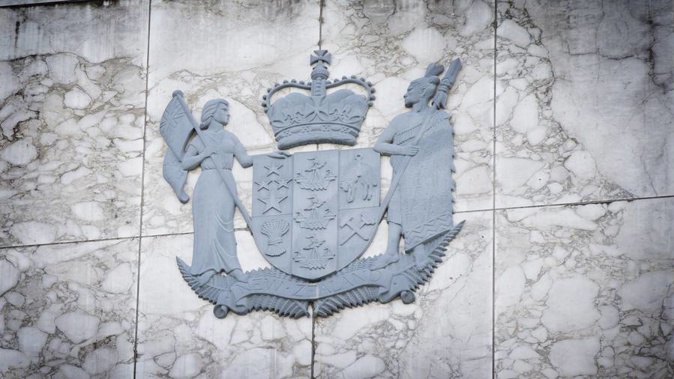
Thousands of court-ordered reparations are going unpaid, sparking calls for the Government to cover the initial costs itself instead of relying on offenders to pay on time.
Documents, released to Newstalk ZB under the Official Information Act showed 10,630 reparation payments are overdue, while 23,702 in total are outstanding as of February 18.
It includes all district courts, the High Court, and others – including the Youth and Employment court.
A judge can order an offender to pay reparation to victims for emotional harm - or if property is damaged or lost in a crime.
In total, over $105 million is still owed to victims in reparation payments across the country, equating to about $4459 per profile.
The Ministry of Justice deems a payment overdue when it hadn’t been paid within 28 days of being ordered and a payment plan also hadn’t been arranged.
Justice Minister Paul Goldsmith said it was considering ways to improve the system.
“Criminal reparations must be paid, but the rate in which that’s happening is unacceptable.”
The Government’s Chief Victims Advisor Ruth Money said she was worried about the way the system revictimized people.
“You are reminding the victim…that [the offender] still has power and control. They still haven’t made right in terms of the reparation that had been ordered in court”.
She suggested the Government covered the initial reparations ordered by the court and chased up the offender for the full payment itself.
“We link the offender to the victim and we don’t need to do that,” Money said, “the victim should just get reparation. It doesn’t need to come from the offender or be dependent on when or if the offender chooses to pay it”.
She admitted it was an expensive solution, but the best one.
“What we don’t want to do is have a situation where you’re lucky if you are raped by a person who has resources versus someone who is not. Clearly that’s just a repugnant situation that I’m sure New Zealanders wouldn’t agree with.”
Retail Crime Ministerial Advisory Group Chair Sunny Kaushal said he hadn’t seen a single cent of any reparations offenders were ordered to pay him.
He said it included $4500 from a crime 22 years ago, and $12,000 from another four years ago.
Kaushal said too often, reparations are not worth the paper they are written on.
“If offenders do not pay reparations they should be brought back to the court to be re-sentencing, this time with a sentence that ensures there are real consequences.”
He said offenders believed there were no consequences if they refused to pay.
“This sense of impunity harms us all because they know they can get away with it. So we need a justice system that is capable of actually holding offenders to account.”
When asked if his advisory group was looking into changes for the system, Kaushal just said it was focused on accountability and having a zero tolerance approach to retail crime.
Jordan Dunn is a multimedia reporter based in Auckland with a focus on crime, social issues, policing and local issues. He joined Newstalk ZB in 2024 from Radio New Zealand, where he started as an intern out of the New Zealand Broadcasting School.
Take your Radio, Podcasts and Music with you









